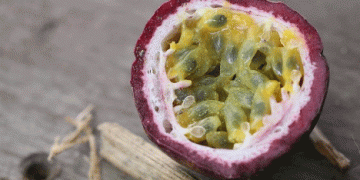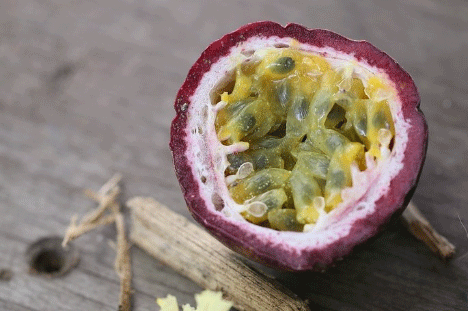The district of Pichari in Cusco, Peru, has launched an ambitious agricultural initiative aimed at producing 150,000 fruit tree seedlings, including Stachelannone (Soursop), Passionfruit, and Camu Camu. To achieve this, the local government has established 40 agricultural tunnels across four nurseries, each tunnel measuring 15 by 4 meters. These tunnels are designed to provide optimal growing conditions by protecting the seedlings from heat, wind, and pests, ensuring a successful production cycle.
The first batch of Passionfruit seedlings is expected to be ready by the end of November 2024, while Soursop and Camu Camu seedlings will follow by March 2025. This large-scale effort is a significant step towards bolstering Peru’s tropical fruit sector, which has seen increasing global demand for fruits with health benefits like Soursop and Camu Camu.
Soursop (Annona muricata) is highly valued for its creamy pulp and potential health benefits, including immune-boosting properties. Its growing popularity, particularly in health-conscious markets, offers Peru an opportunity to capitalize on this fruit’s expanding global demand. Passionfruit (Passiflora edulis), already a well-established export product for Peru, continues to enjoy high demand in global markets due to its versatility in juices, desserts, and food flavorings. Camu Camu (Myrciaria dubia), a lesser-known fruit but packed with vitamin C, is gradually gaining recognition as a superfood, particularly in the health food industry. It presents a promising new product for both domestic and international markets.
In addition to Soursop, Passionfruit, and Camu Camu, the project includes a dedicated tunnel for producing Pitahaya (Dragon Fruit) cuttings. Pitahaya, another tropical fruit experiencing a surge in demand, especially in Asia and the United States, adds further diversification to the portfolio of fruits being cultivated in the region.
The construction of these tunnels marks a significant investment in infrastructure to ensure the protection and growth of seedlings. Agricultural tunnels, also known as high tunnels or polytunnels, are essential for controlling environmental conditions, which is particularly important in regions like Cusco, where temperature and weather variations can impact plant development. These tunnels allow for a controlled environment, reducing the risk of plant stress due to fluctuating weather conditions and minimizing the impact of pests and diseases.
By integrating advanced farming techniques with traditional agricultural knowledge, this initiative in Pichari aims to not only increase the production of fruit seedlings but also contribute to the economic development of the region. The production of 150,000 seedlings will support both small-scale farmers and larger agricultural enterprises, providing them with high-quality plant materials that can thrive in tropical climates.
Moreover, this initiative has the potential to strengthen Peru’s position as a leading exporter of tropical fruits. By focusing on high-demand fruits such as Soursop, Passionfruit, and Camu Camu, Peru is well-positioned to meet the growing global appetite for exotic and nutritious fruits. These fruits have the potential to become major exports alongside Peru’s established agricultural products such as avocados and mangos.
Cusco’s plan to produce 150,000 fruit tree seedlings marks a significant step forward in enhancing Peru’s tropical fruit industry. By focusing on in-demand fruits like Soursop, Passionfruit, and Camu Camu, and utilizing advanced agricultural tunnels, the region is set to boost its production capacity while protecting crops from environmental challenges. This project not only promotes agricultural growth but also supports local farmers and contributes to Peru’s growing reputation as a global leader in tropical fruit exports.































